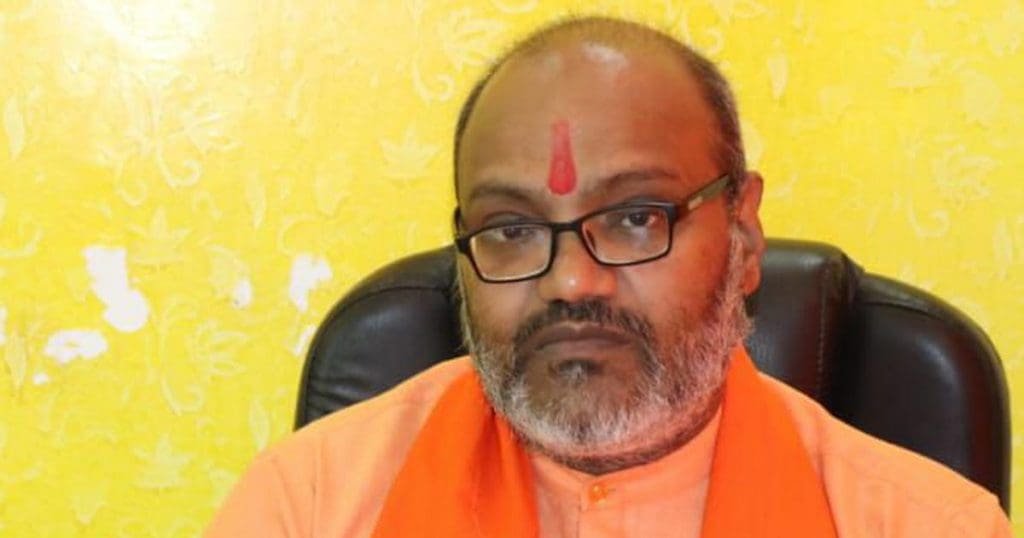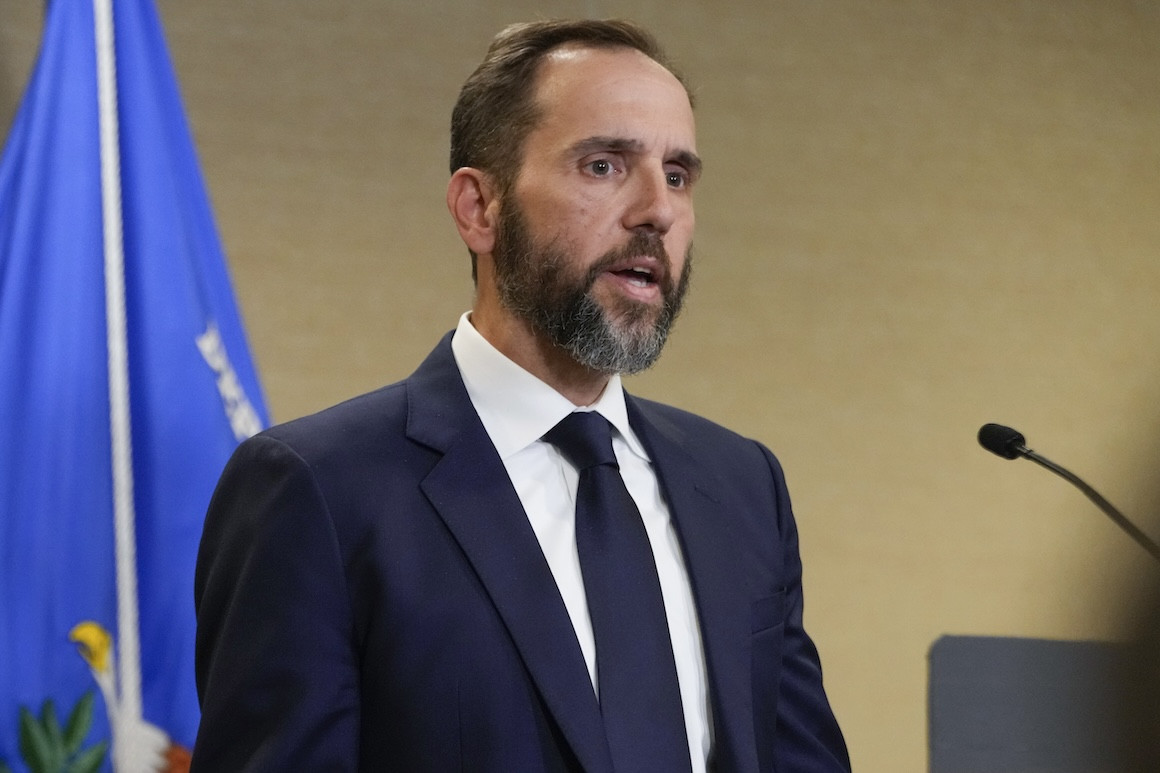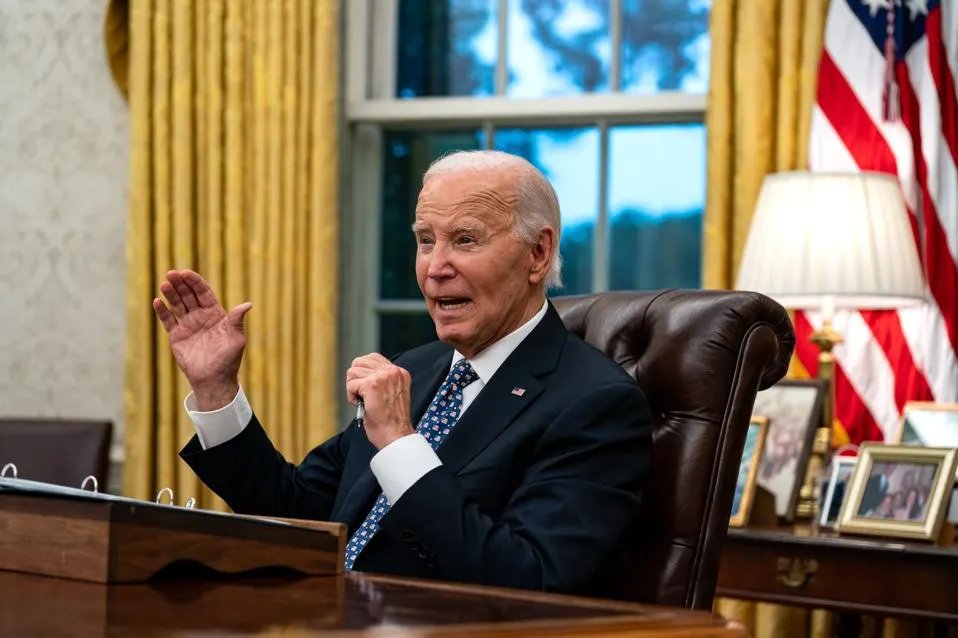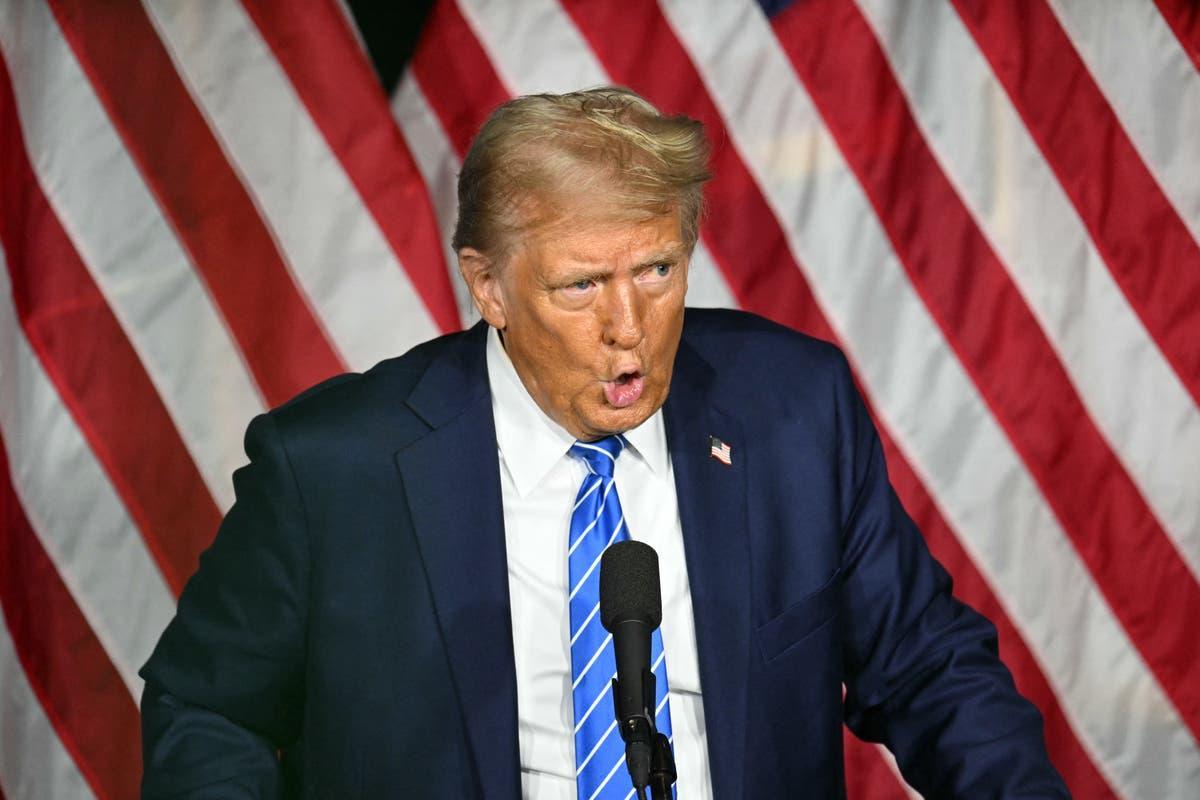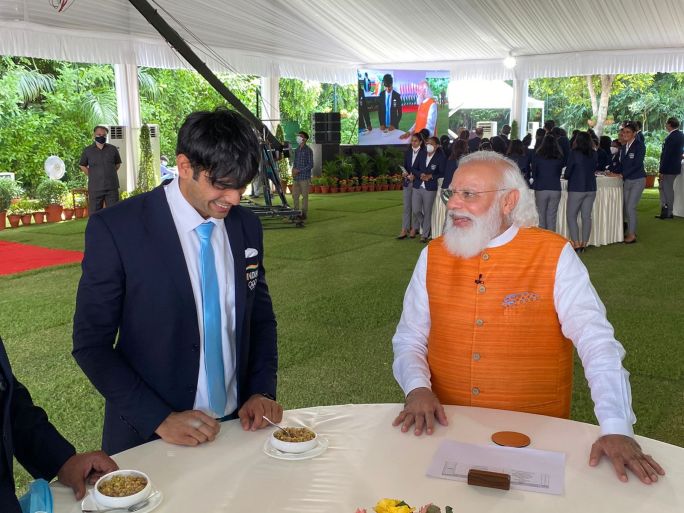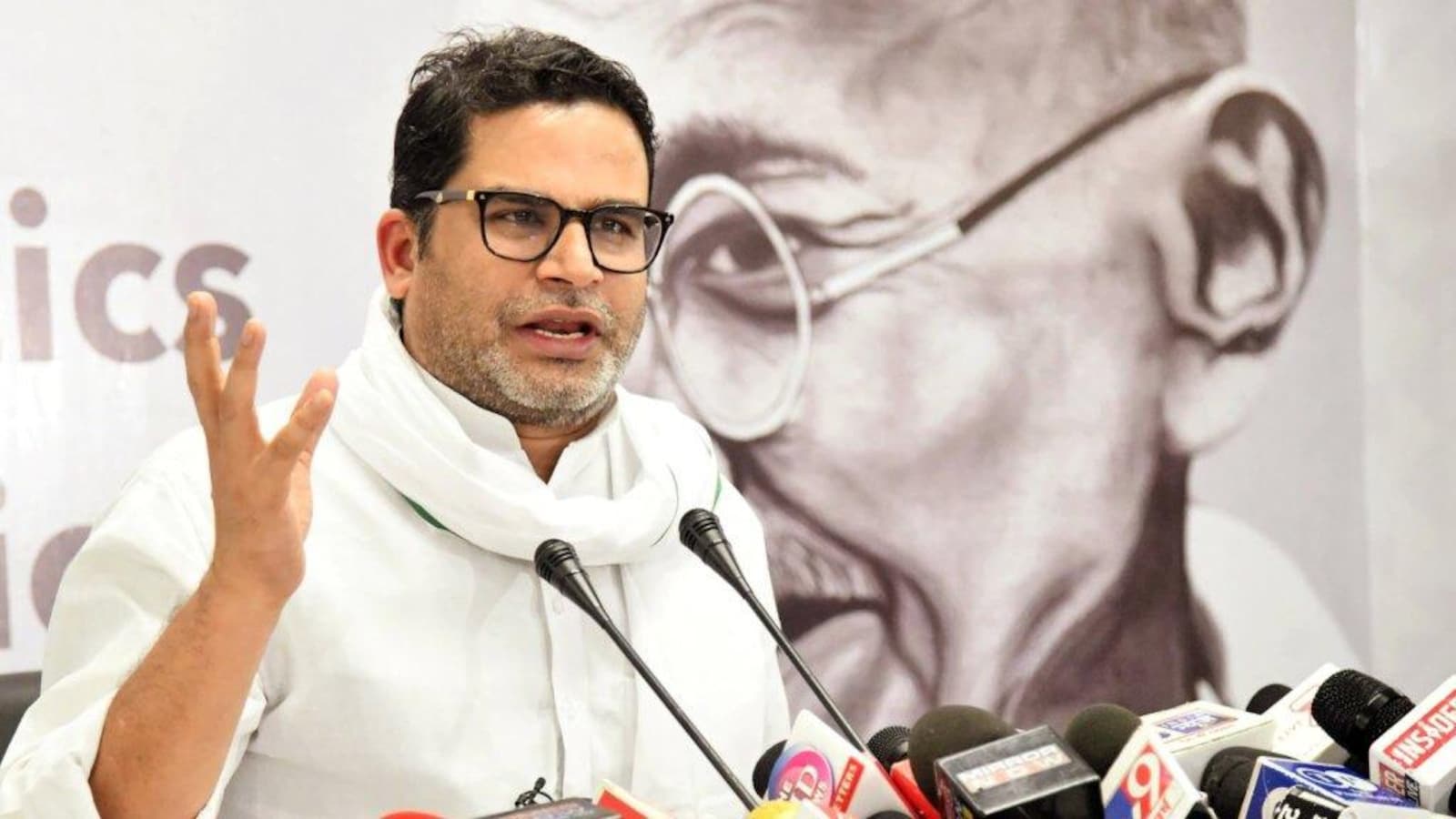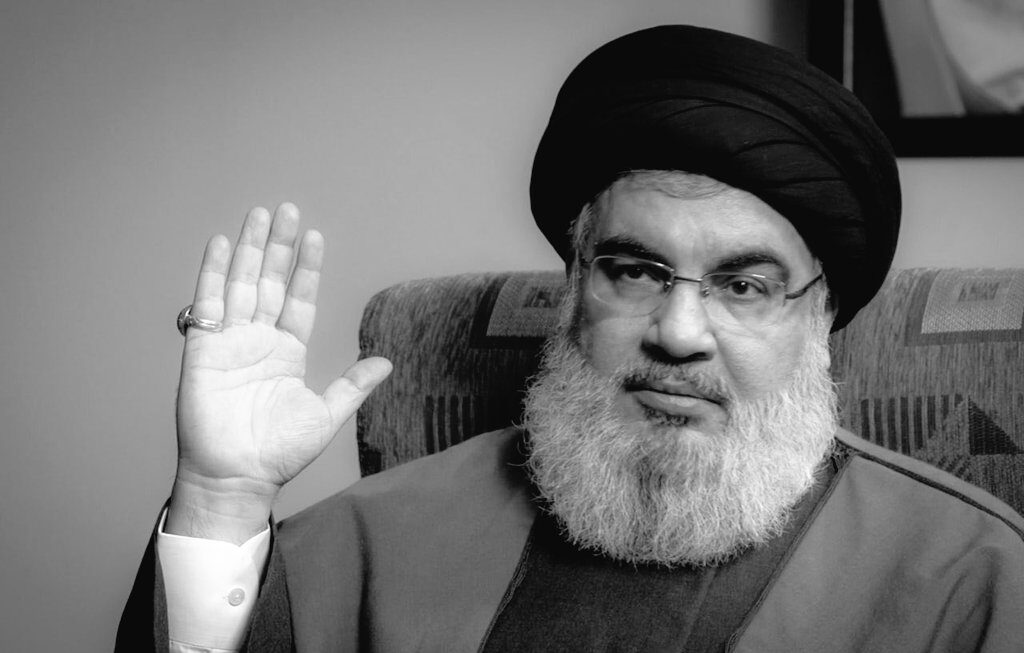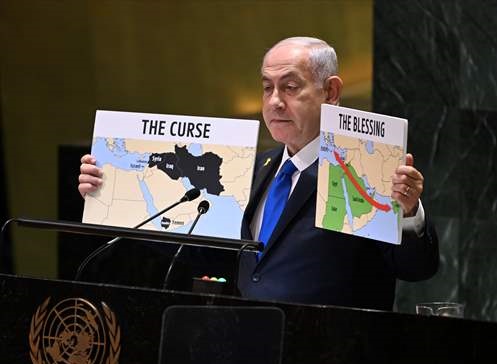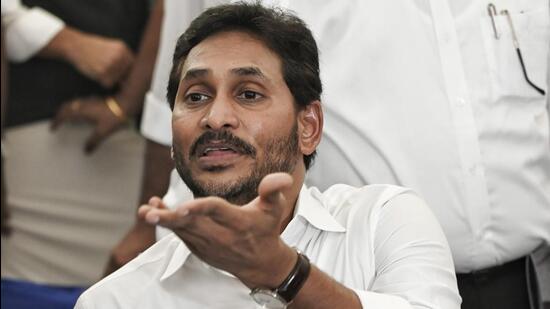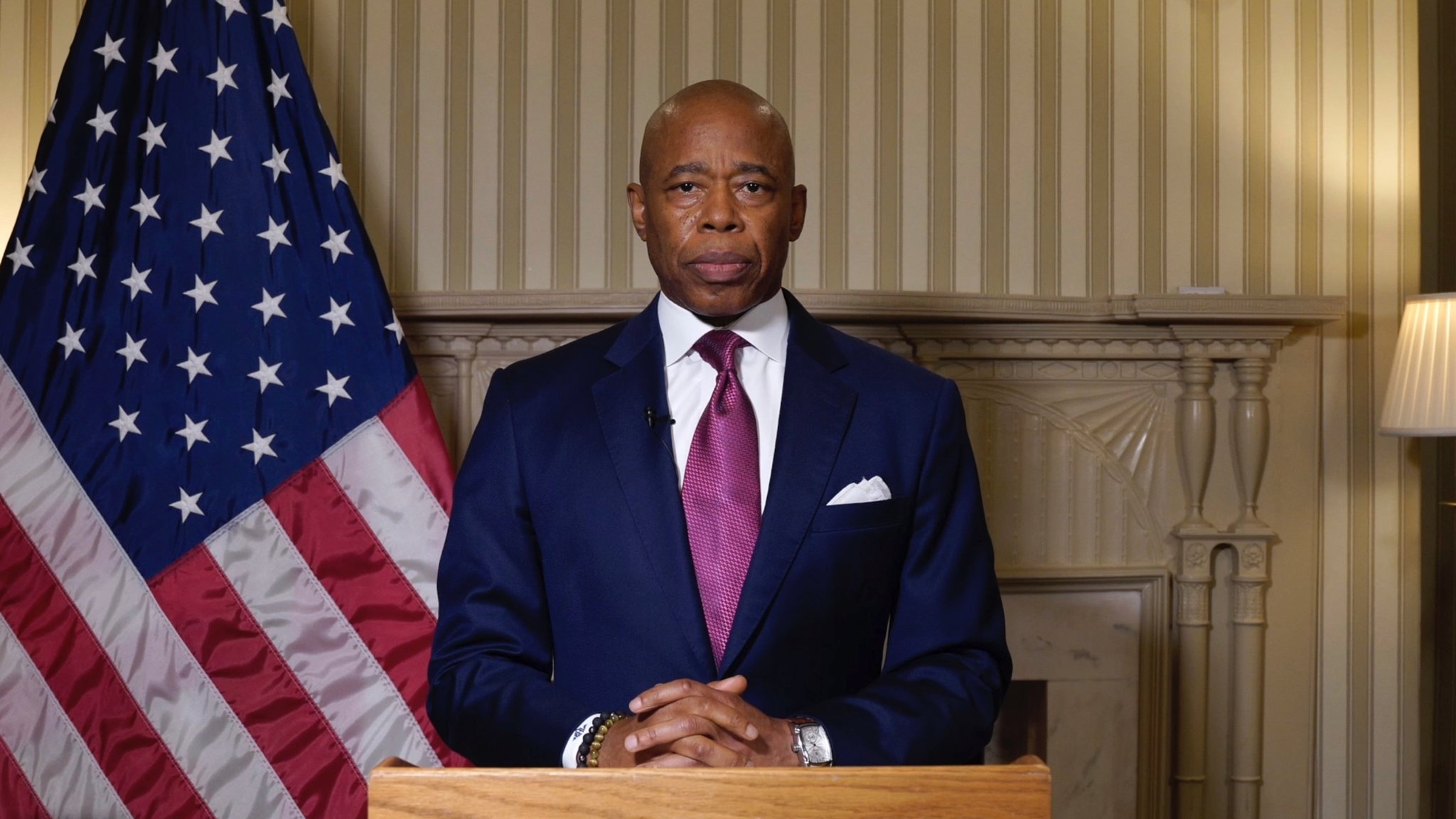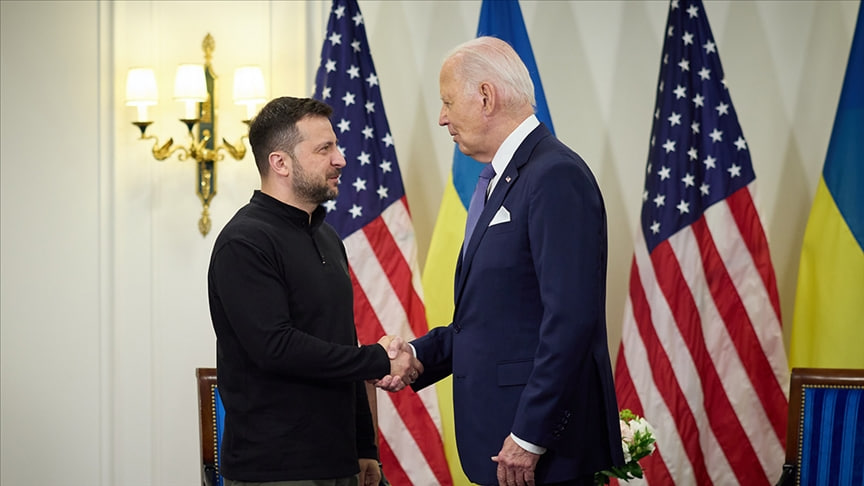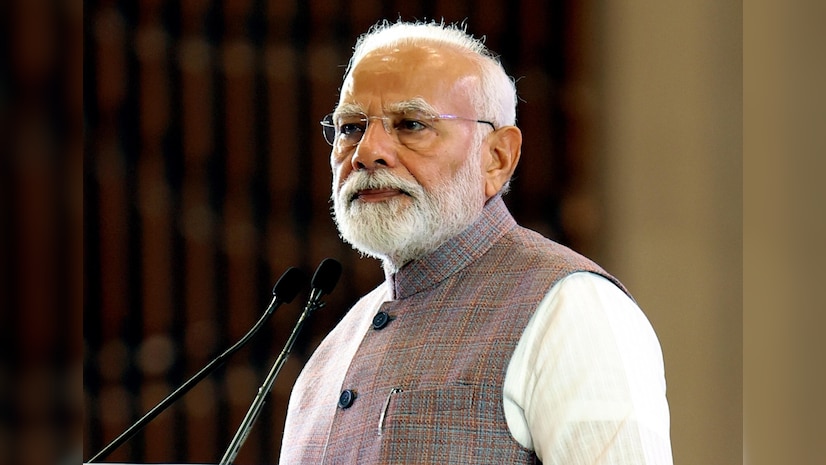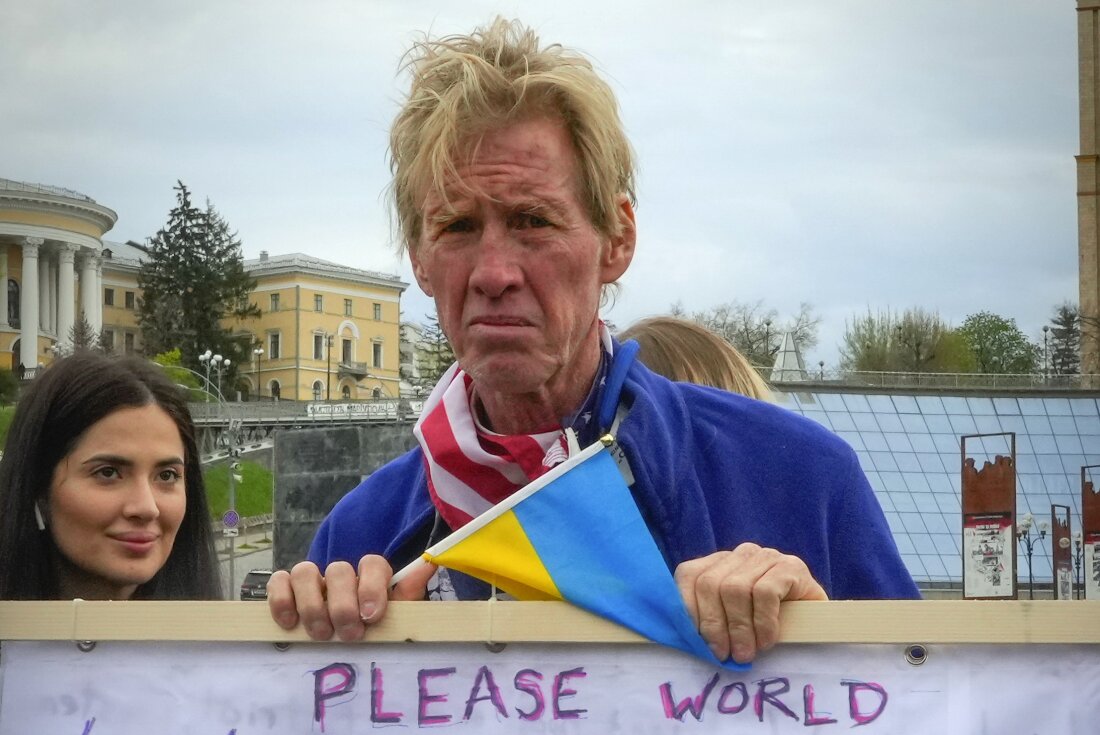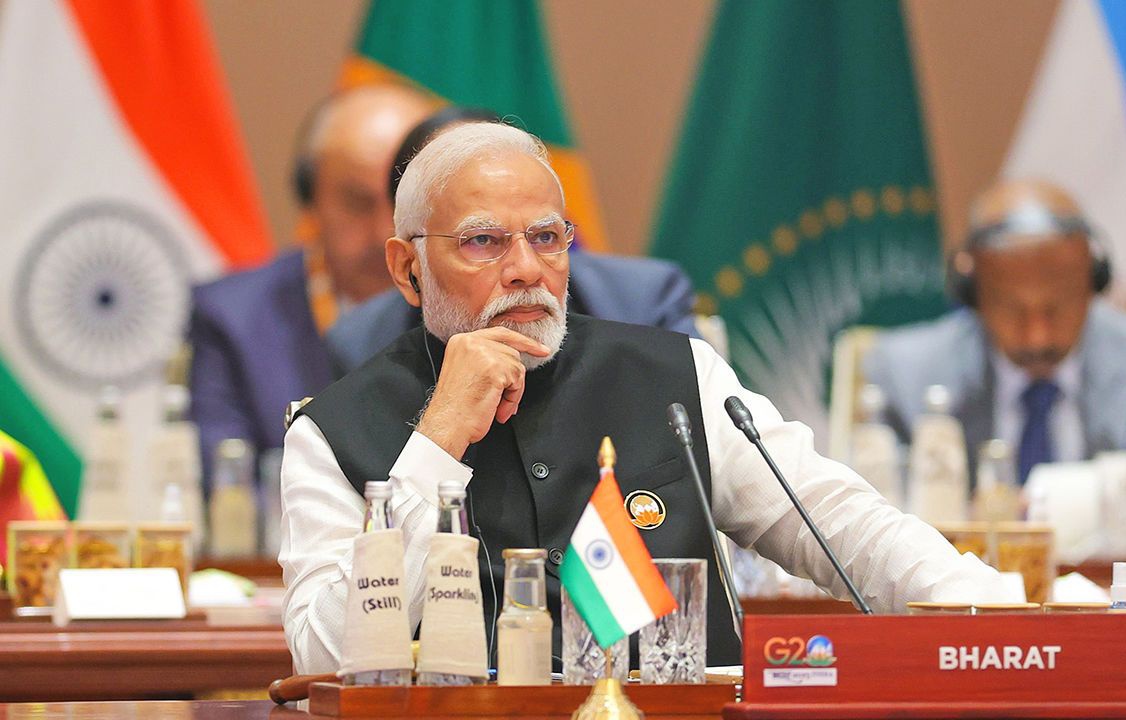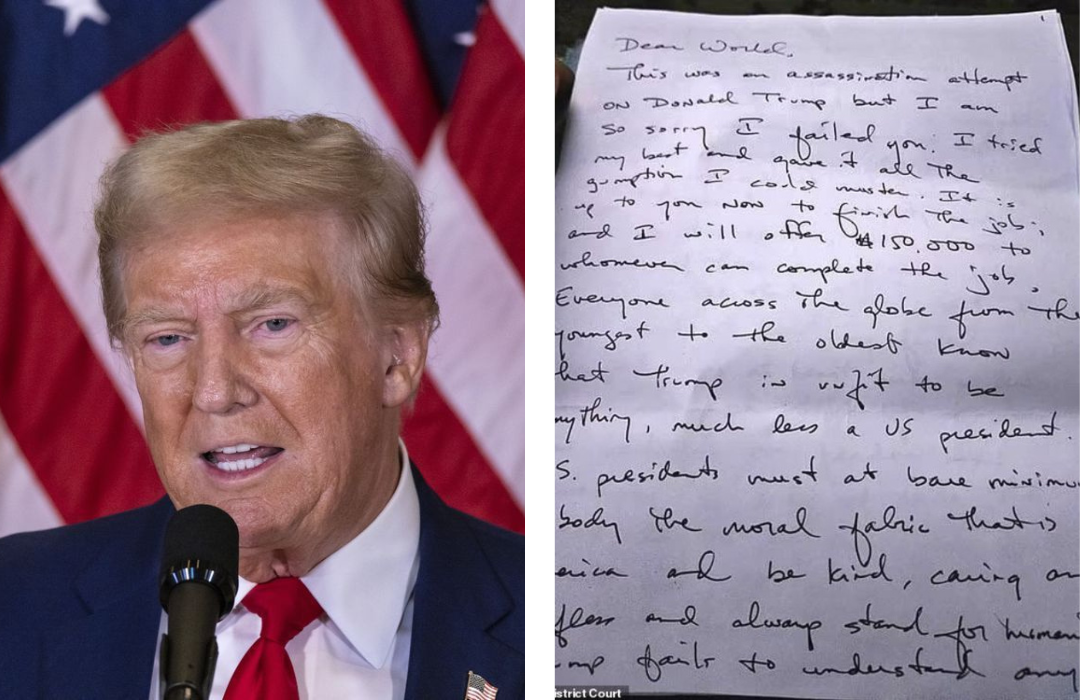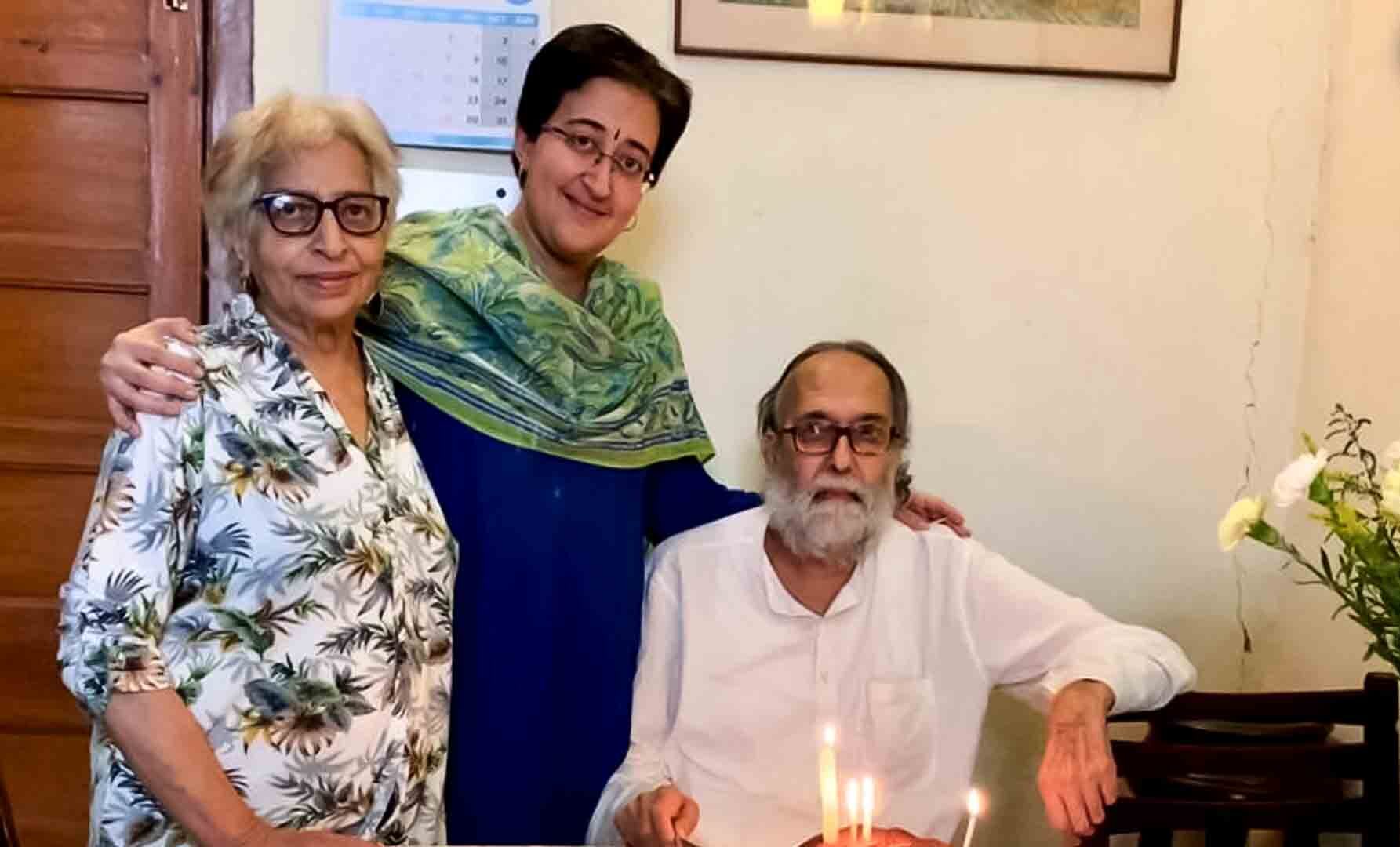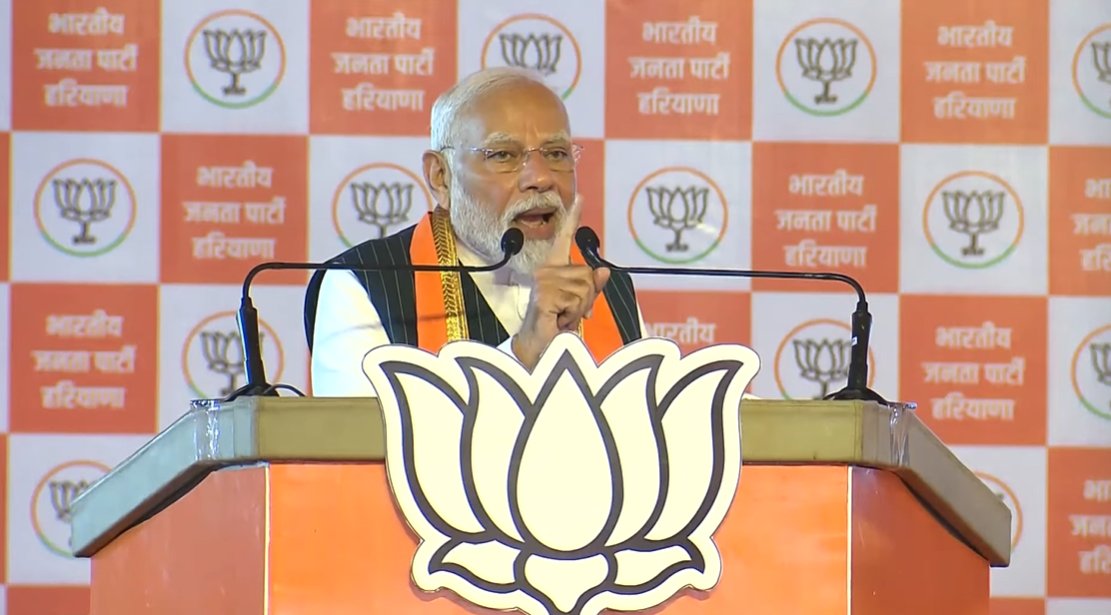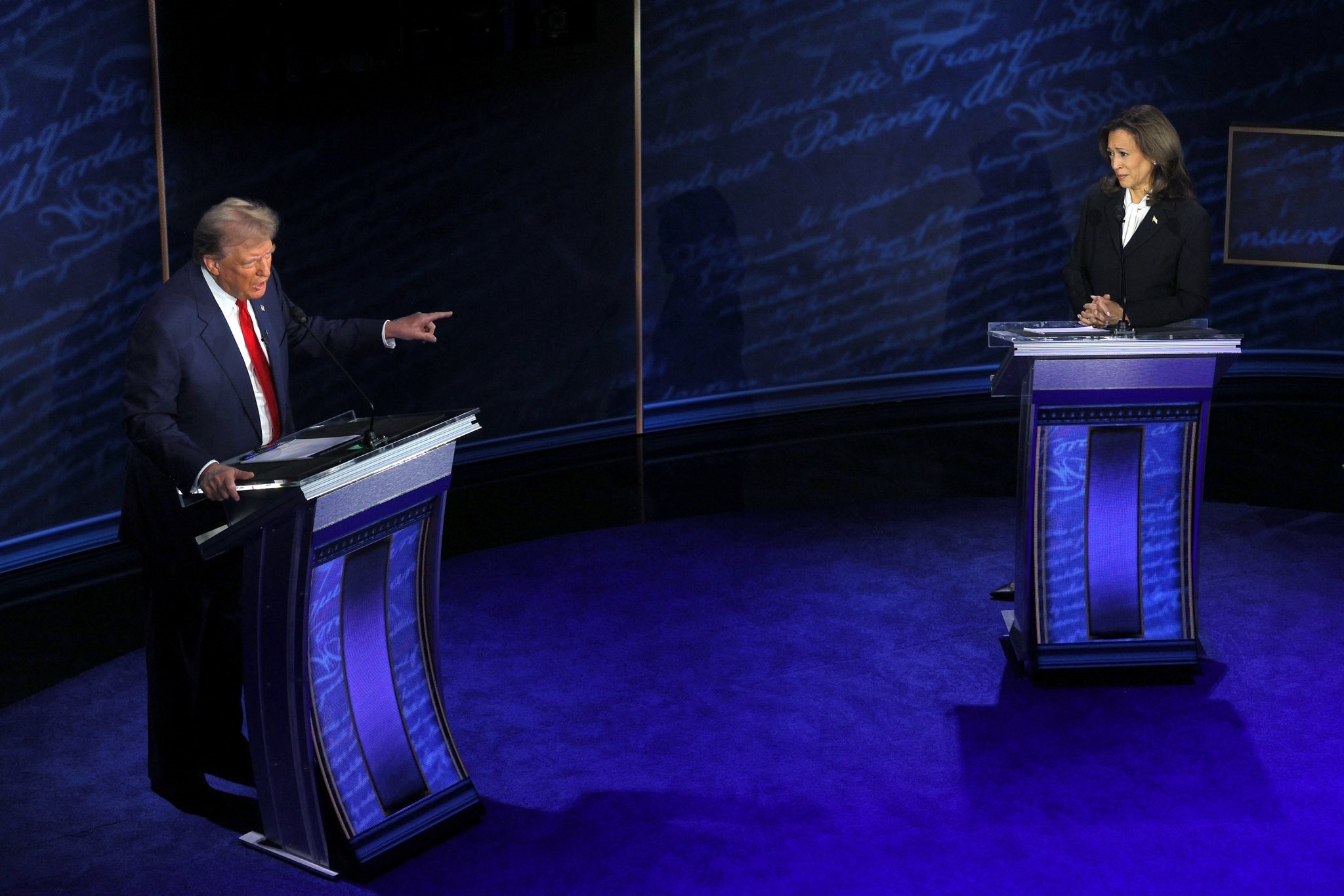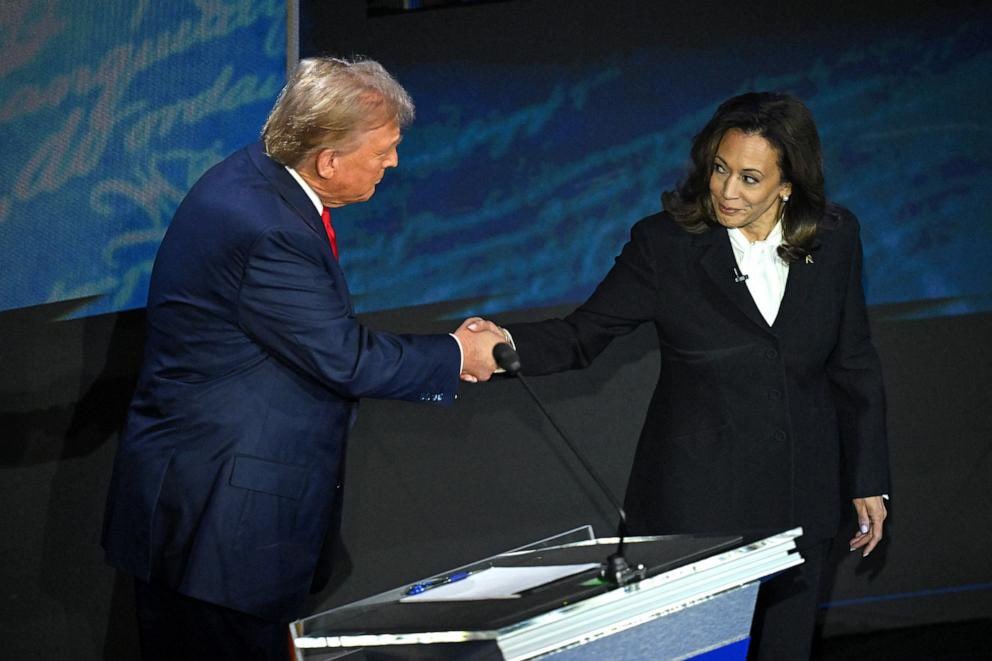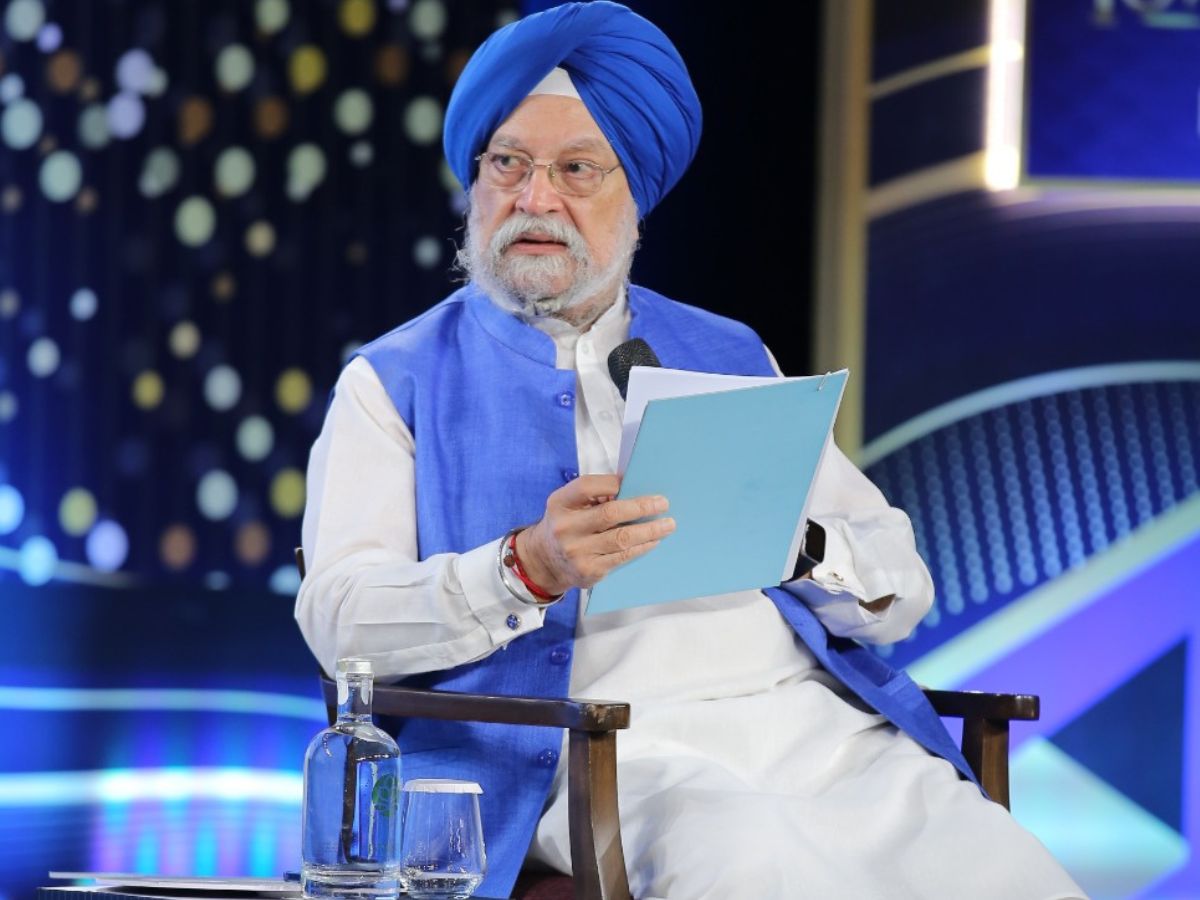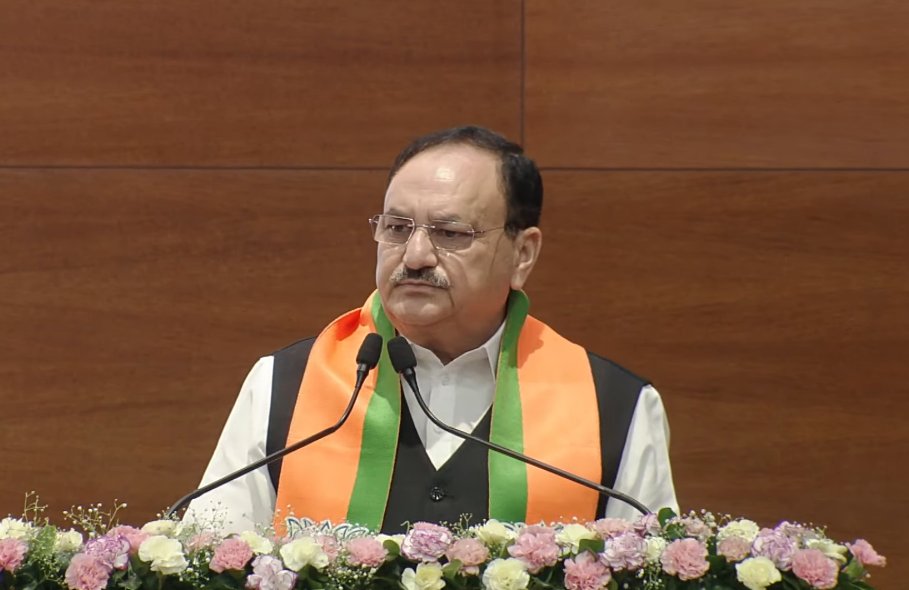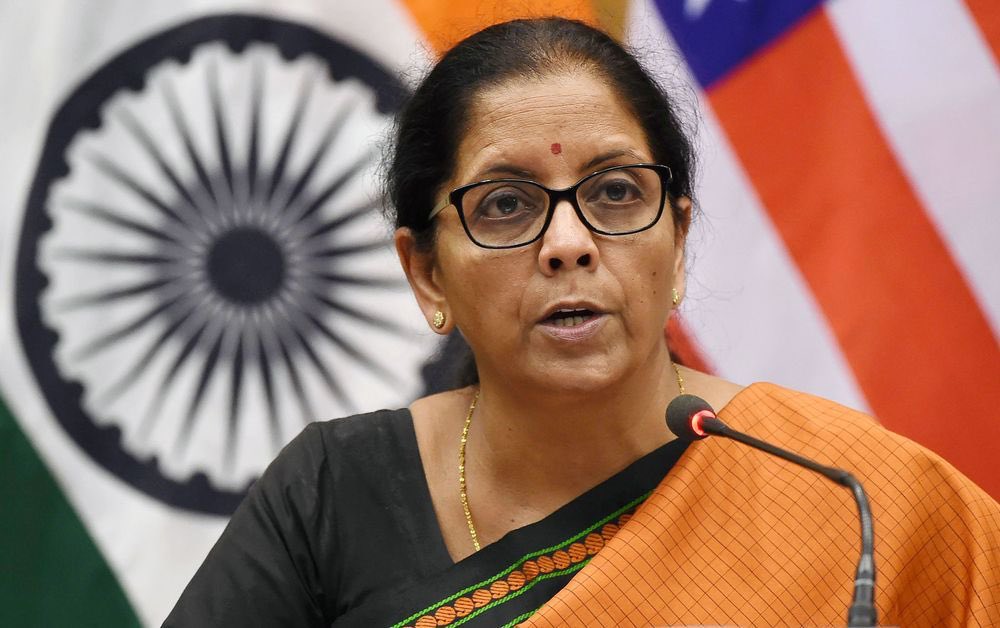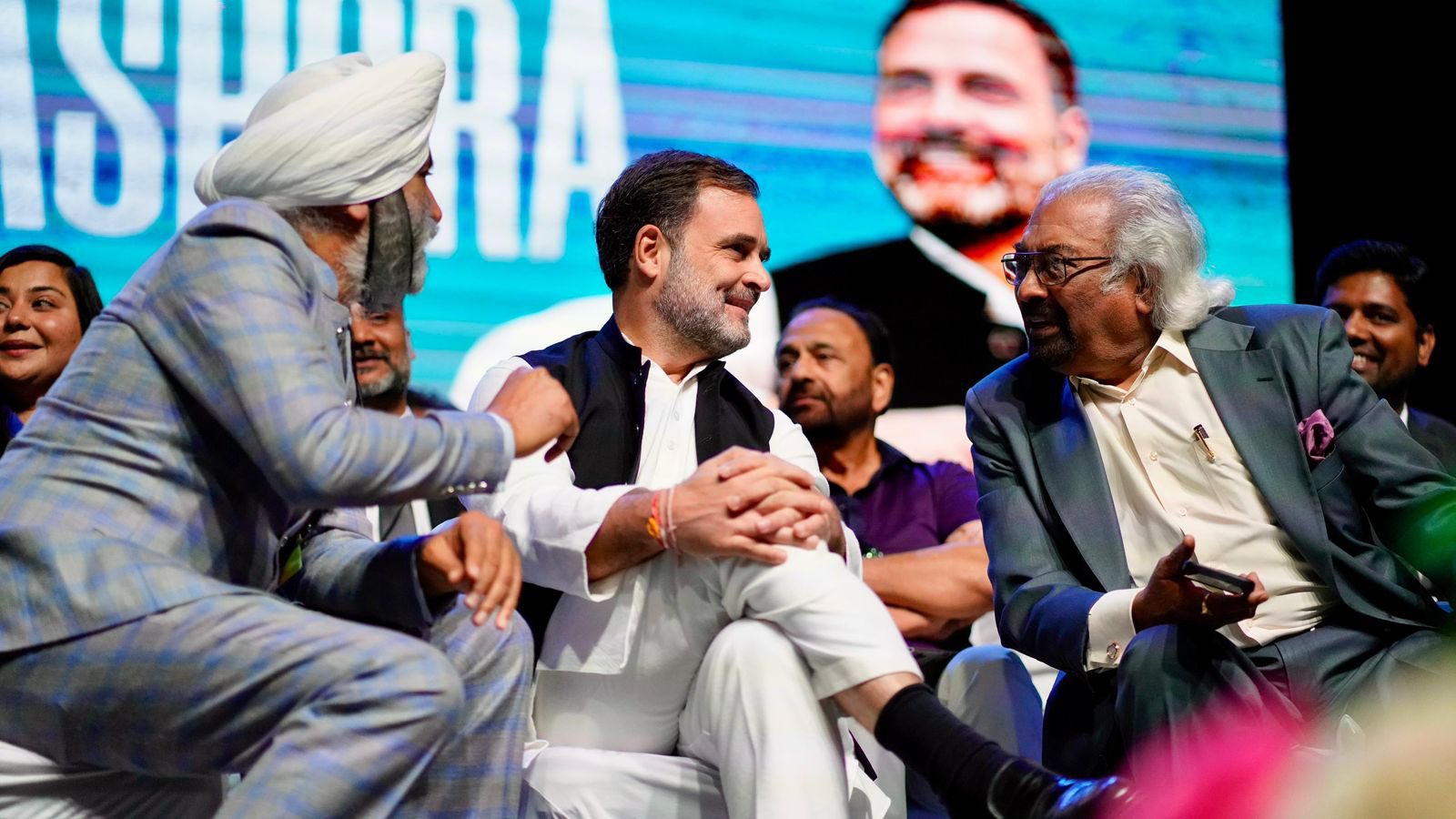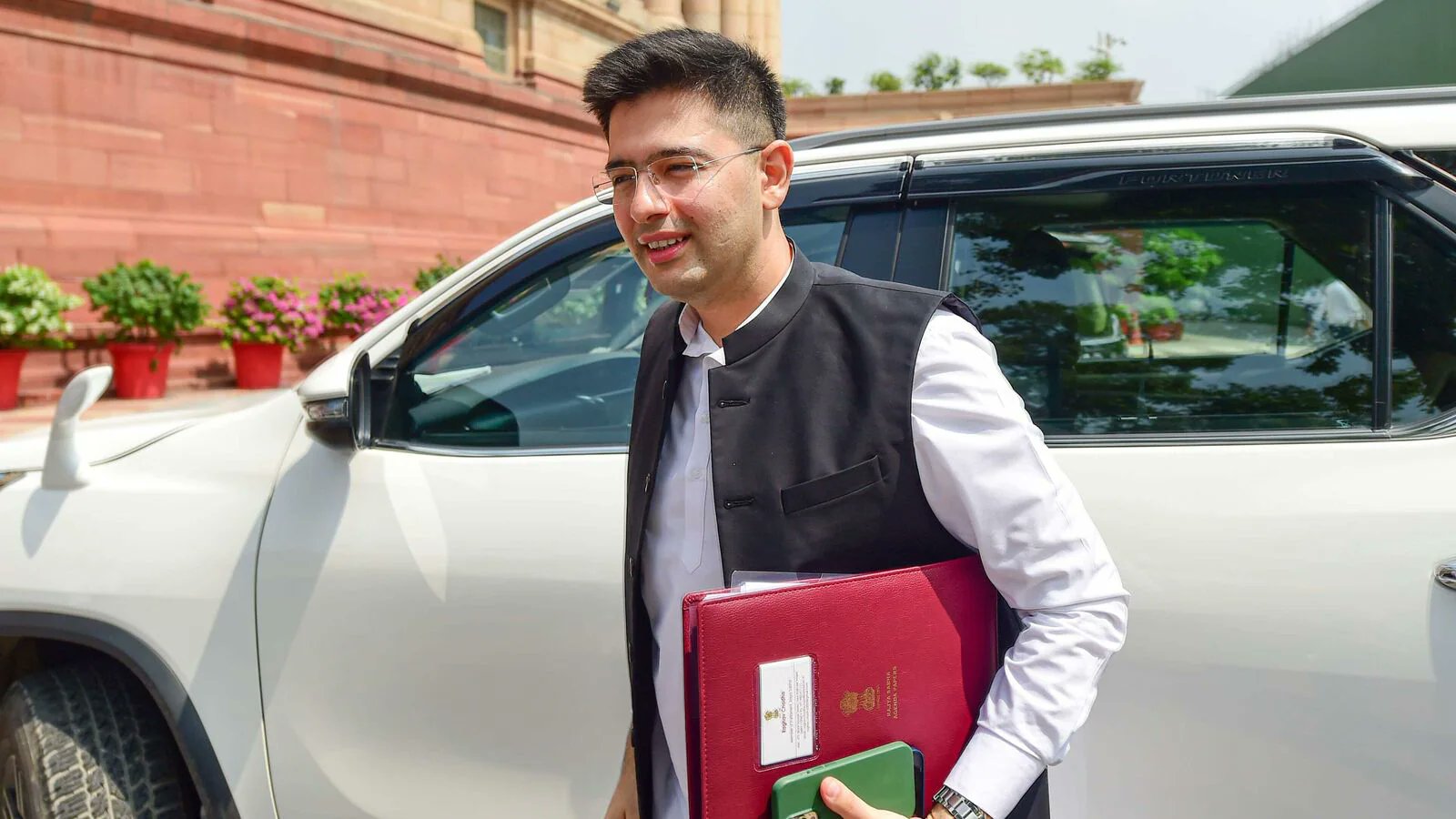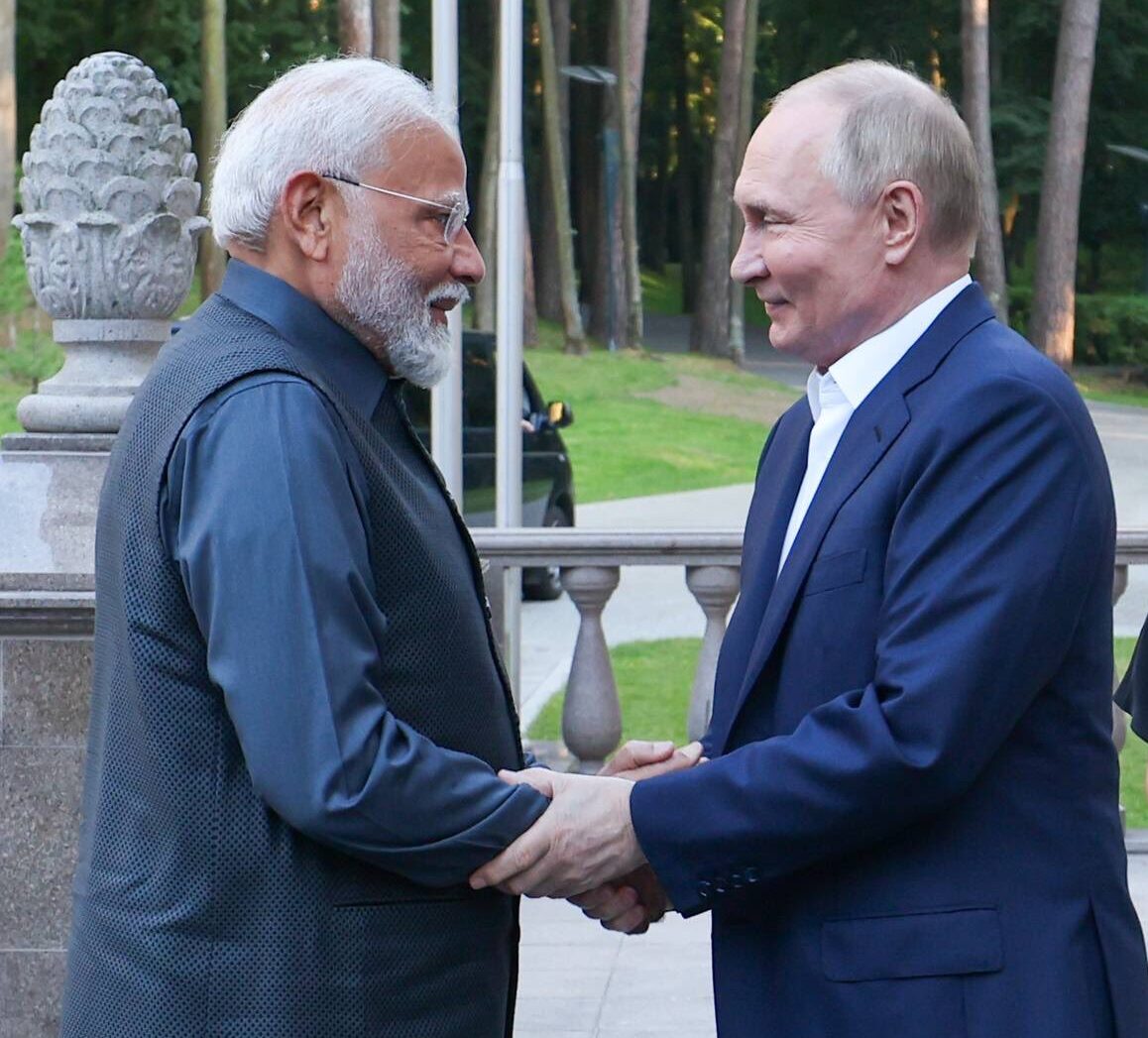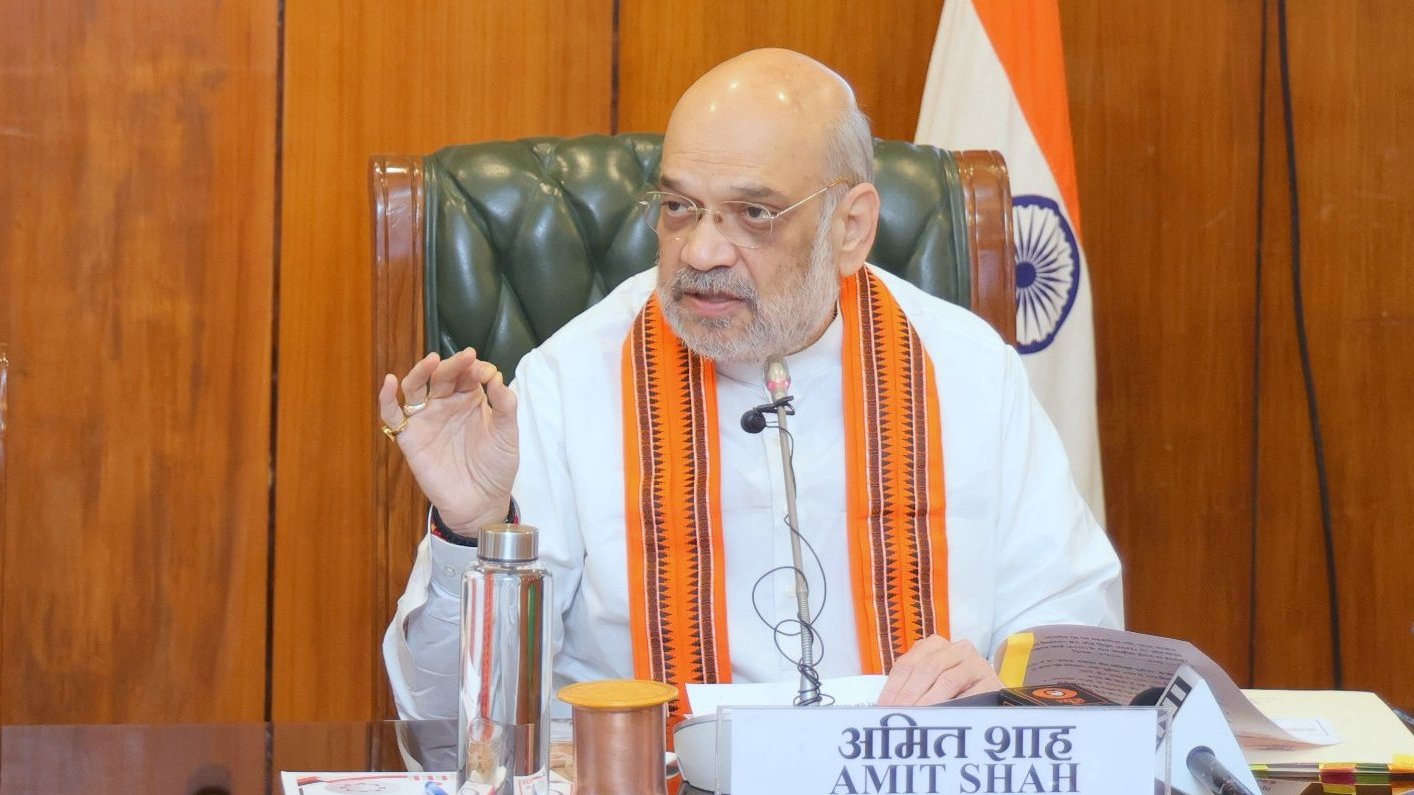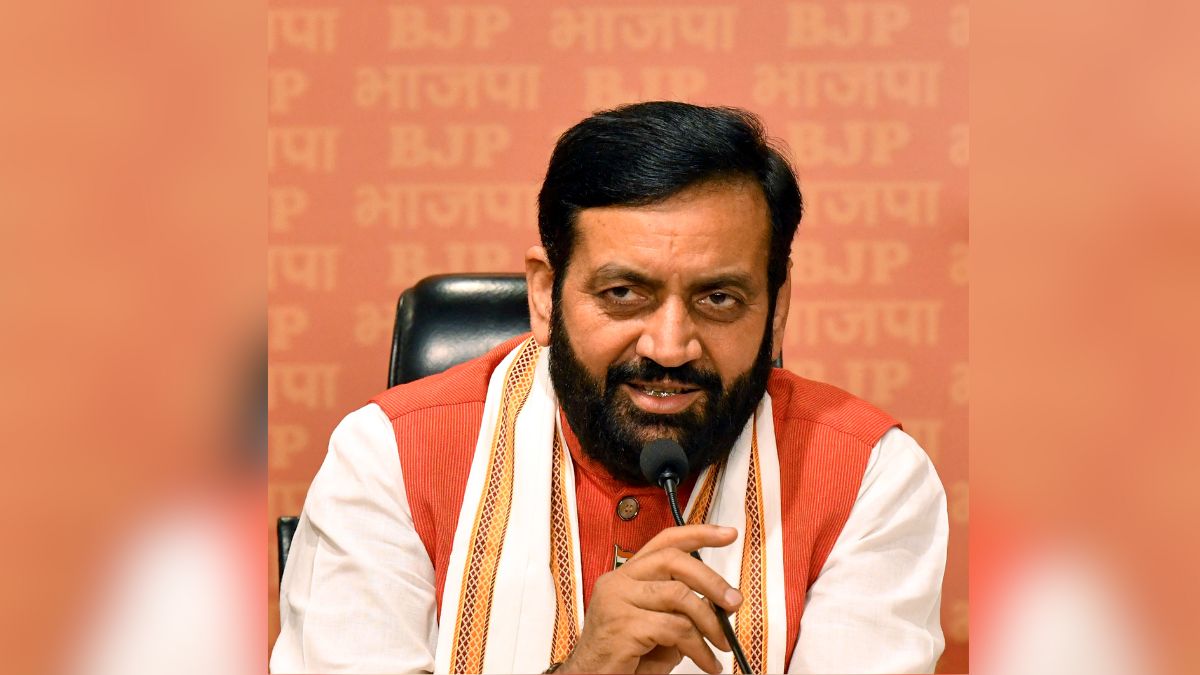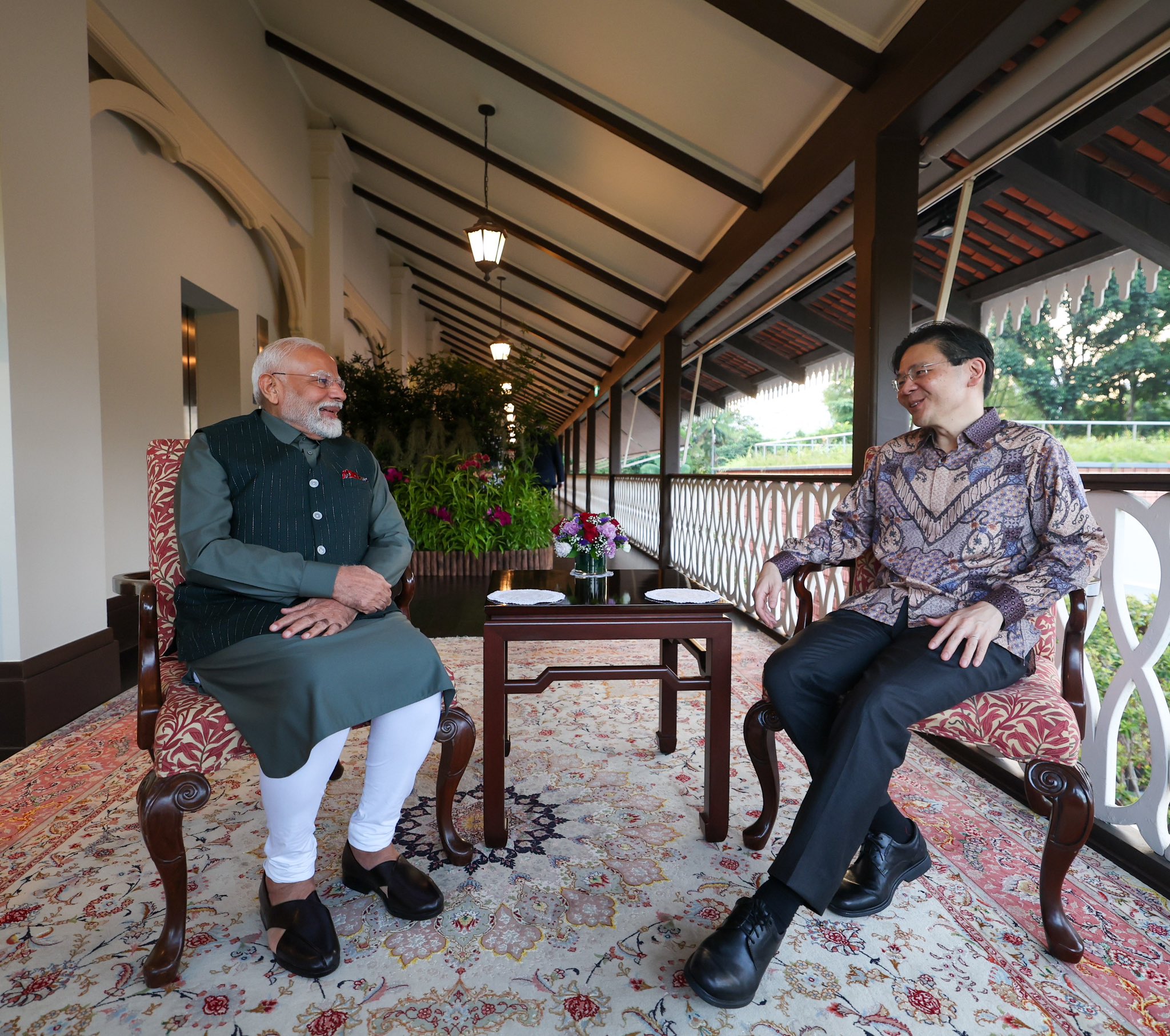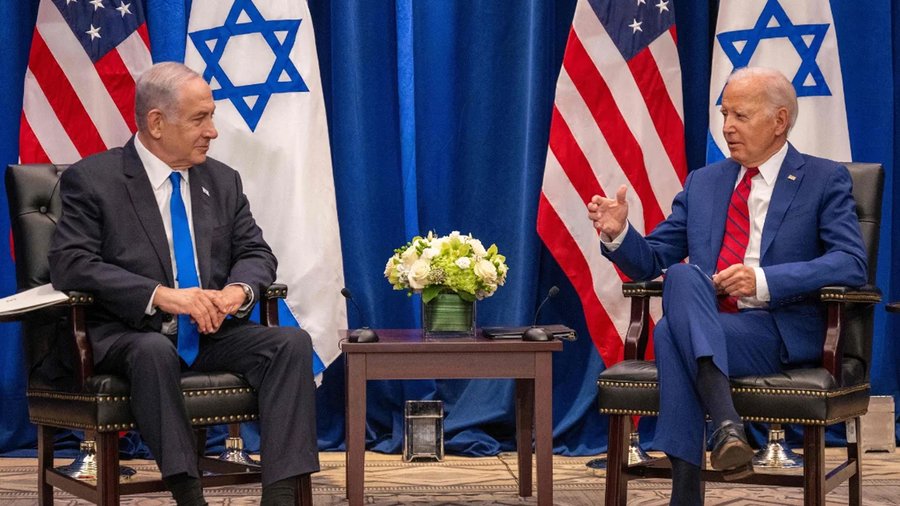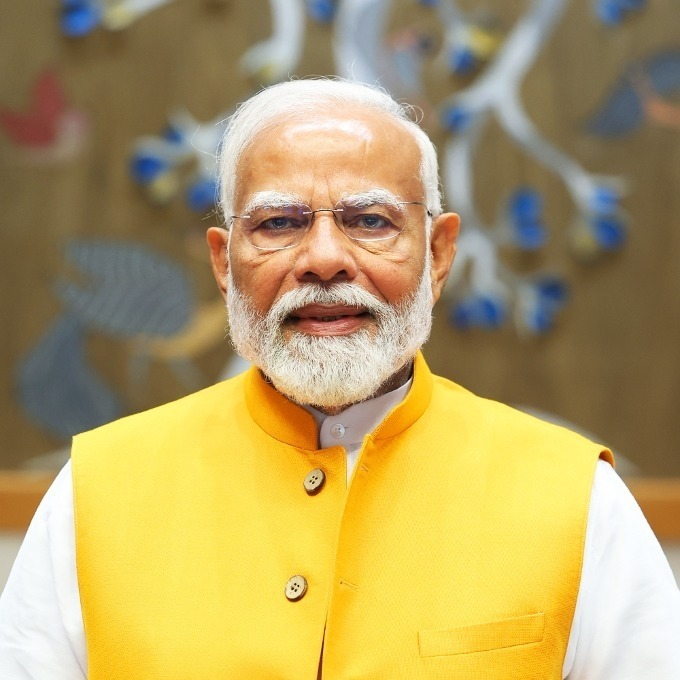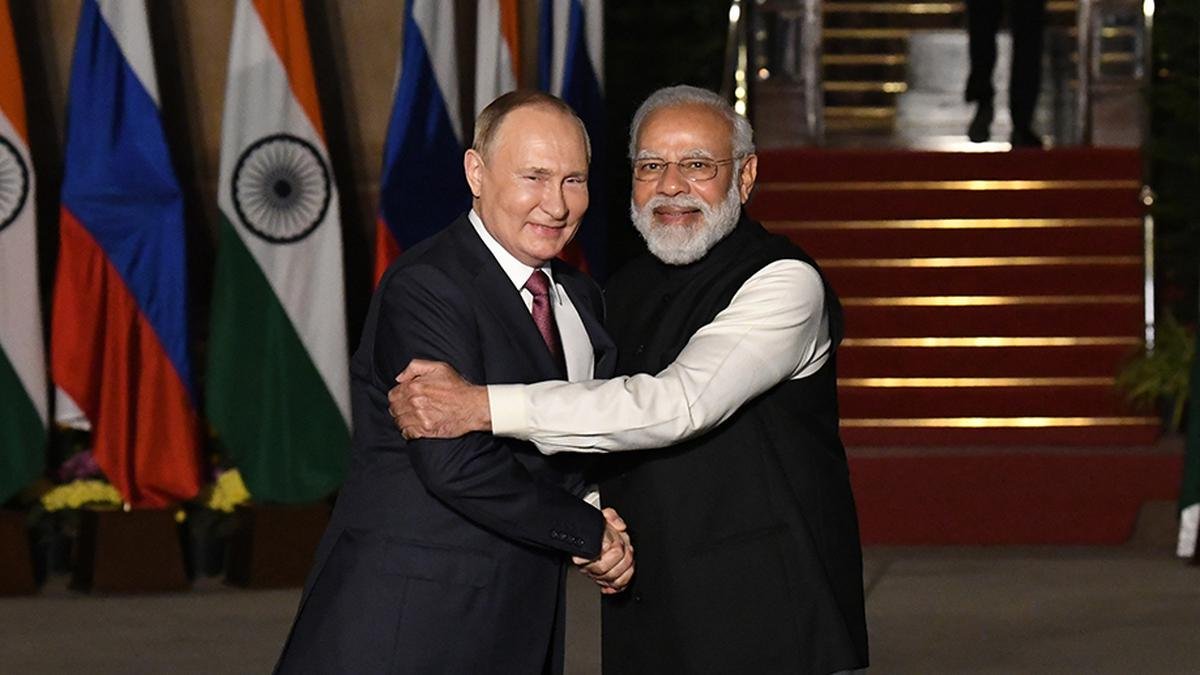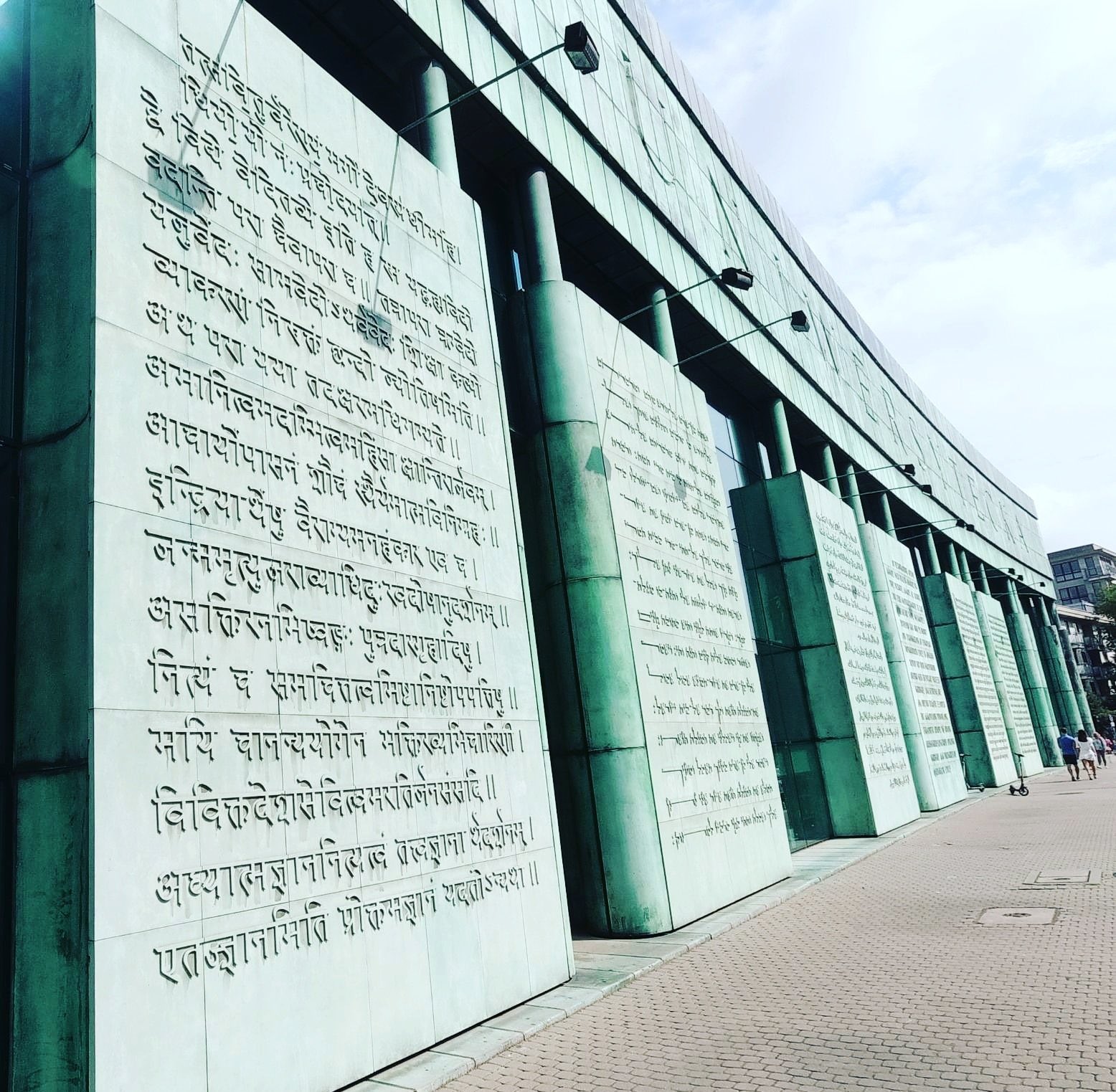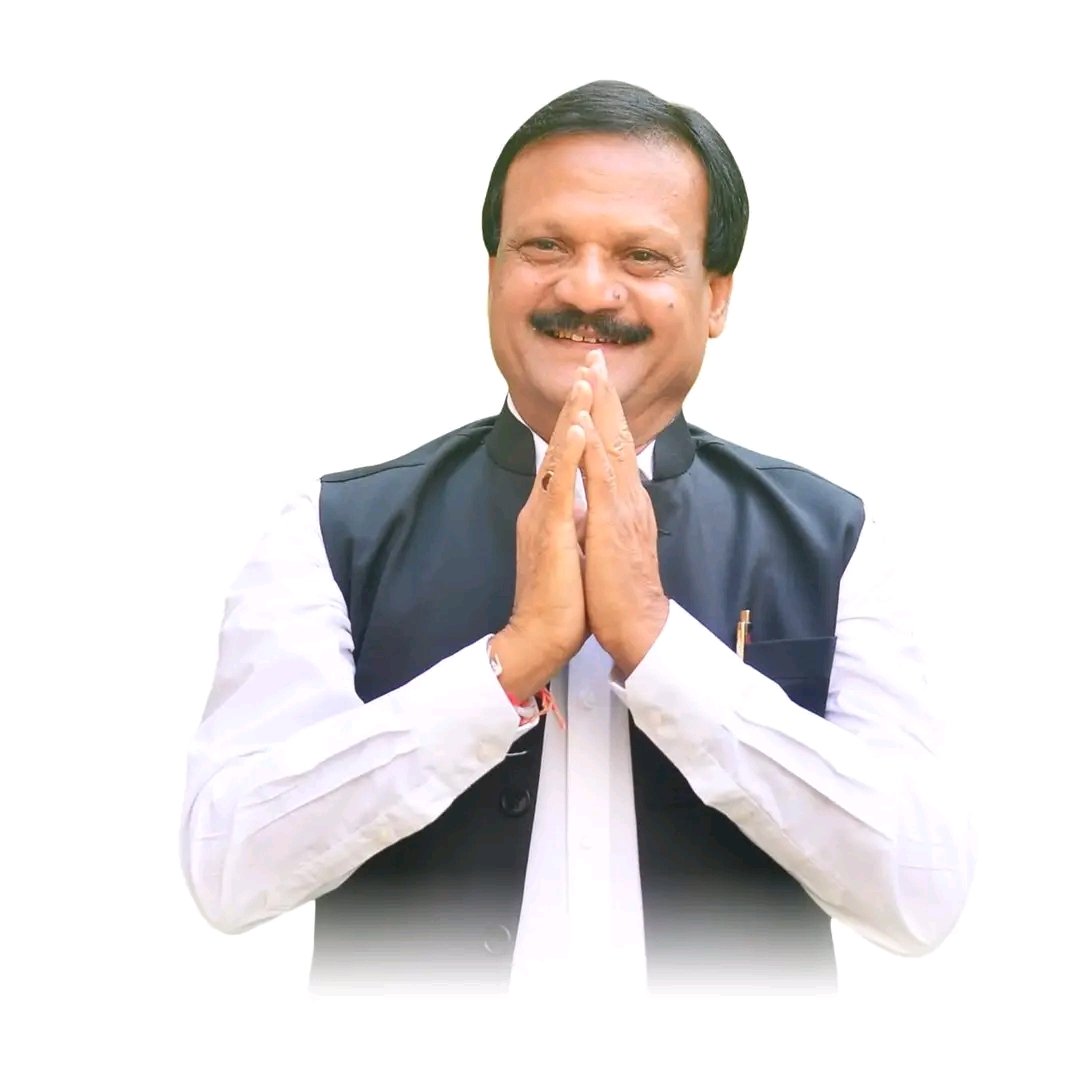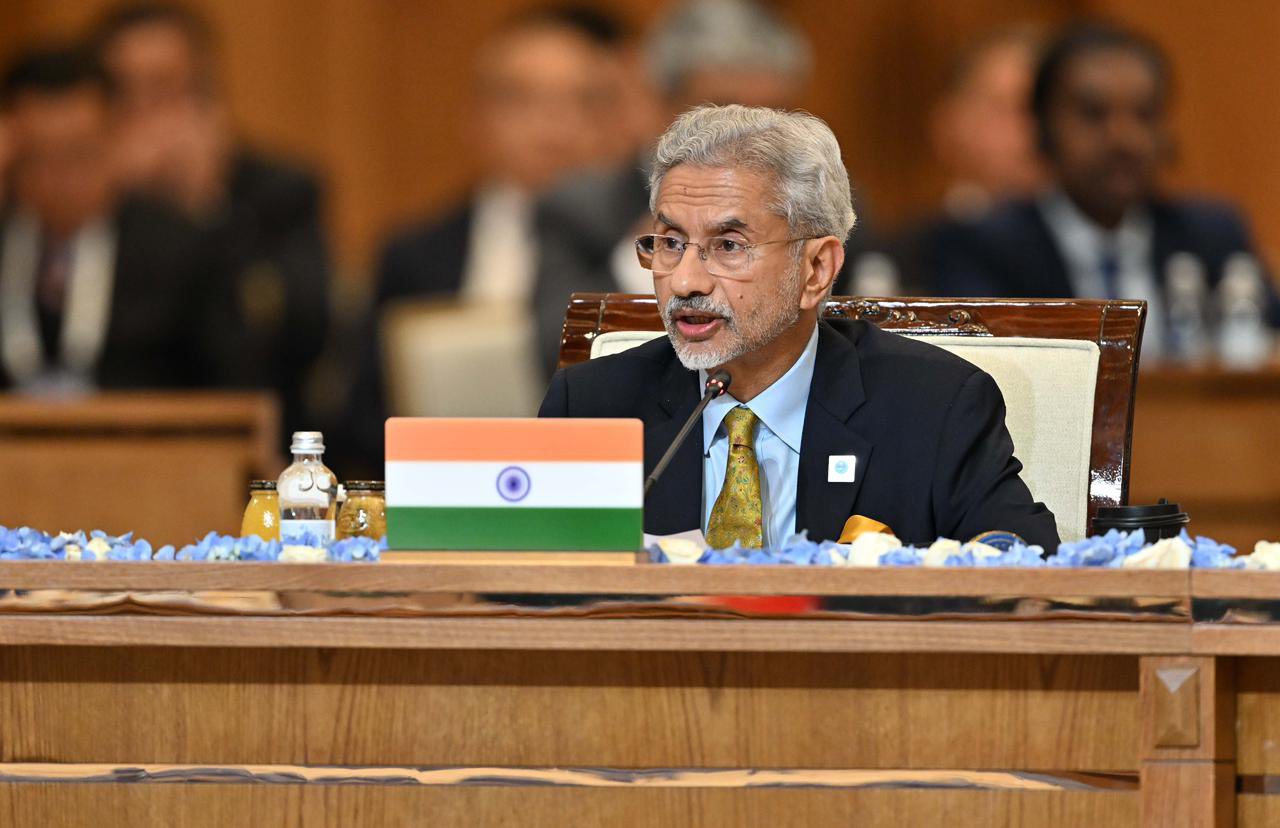In a sharp rebuke, Union Minister Kiren Rijiju on Sunday lashed out at the absconding Islamic preacher Zakir Naik for his deliberate attempts to spread misinformation and create communal disharmony in India. Rijiju’s criticism came after Naik, a fugitive under charges linked to terrorism and booked under the Unlawful Activities Prevention Act (UAPA), shared a misleading video about the Waqf Amendment Bill, which is currently under review by a Joint Parliamentary Committee (JPC).
Naik, known for his inflammatory rhetoric and controversial preaching, claimed in his video that if the Waqf Amendment Bill is passed, “thousands of mosques, madrasas, graveyards, and lakhs of acres of land will be taken away from Muslims.” This statement has not only been deemed factually incorrect but is also seen as a deliberate attempt to instigate fear and resentment among the Muslim community in India.
Kiren Rijiju Calls Out Zakir Naik’s Divisive Tactics
Union Minister Kiren Rijiju wasted no time in responding to the misleading claims. Taking to social media and various public platforms, Rijiju firmly condemned Naik’s propaganda, urging the nation to remain united in its fight against such elements.
“This anti-India character is spewing venom by spreading false and fake propaganda, trying to create communal disturbances in India. We need to unitedly fight against such people,” Rijiju stated emphatically. He urged the citizens to stay alert and not be swayed by divisive voices like Zakir Naik’s, who, despite being a fugitive, continues to interfere in India’s internal matters from abroad.
Naik, a controversial figure who has been evading Indian authorities for years, has consistently spread disinformation and promoted extremist views. His past associations with terror-linked organizations have made him a dangerous figure, and his recent attempts to mislead Indian Muslims only further expose his true agenda.
This anti-India character is spewing venoms by spreading false and fake propaganda & also trying to create communal disturbances in India. We need to unitedly fight against such people. https://t.co/6opLYT3ubF
— Kiren Rijiju (@KirenRijiju) September 14, 2024
Zakir Naik’s History of Controversy
Zakir Naik’s recent outburst regarding the Waqf Bill is not an isolated incident. Over the years, Naik has been at the center of numerous controversies, from his radical views on various religious matters to his promotion of extremist ideologies. Despite his claims of being a preacher of peace, Naik’s speeches and sermons have often encouraged divisiveness and hatred. His Islamic Research Foundation (IRF) was banned by the Indian government in 2016 due to its involvement in spreading extremist ideologies.
Furthermore, Naik has been implicated in various terror-related activities, with many of his followers being linked to terrorist organizations such as ISIS. His hate-filled speeches have not only tarnished the image of Islam but have also contributed to the radicalization of several individuals, leading to severe consequences.
The Waqf Amendment Bill: Reform, Not Repression
The Waqf Amendment Bill, which Zakir Naik falsely portrays as an anti-Muslim agenda, is actually a reformative measure aimed at improving the management of Waqf properties in India. The Bill was introduced in Parliament to bring transparency and efficiency in the administration of these properties, many of which have been plagued by corruption and mismanagement over the years.
Contrary to Naik’s fearmongering claims, the Bill does not propose to seize mosques, madrasas, or graveyards, nor does it intend to deprive Muslims of their legitimate rights over Waqf properties. Instead, it seeks to ensure that these properties are used for the welfare of the community, particularly for the poor, women, and children.
In light of the concerns raised by certain quarters, including opposition parties and coalition partners, the Bill was referred to the Joint Parliamentary Committee (JPC) for broader consultations. The JPC, chaired by Jagdambika Pal, is currently reviewing the Bill, taking into consideration various recommendations and ideas to draft a version that benefits all sections of society, particularly the minority community.
Rijiju’s Warning to Zakir Naik: Stop Misleading Indian Muslims
Rijiju’s sharp criticism of Naik is part of a broader effort by the Indian government to combat disinformation and communal propaganda. Naik’s recent social media post, calling on Indian Muslims to “reject the Waqf Amendment Bill” and “save Indian Waqf properties,” was clearly aimed at misleading the community and creating unrest.
Rijiju, in response, sternly warned Naik and others like him against trying to manipulate Indian Muslims from abroad. “Please do not mislead the innocent Muslims from outside our country. India is a democratic country, and people have the right to their own opinion,” Rijiju stated, reiterating that such false propaganda would only lead to the creation of wrong narratives and division within the country.
A Pattern of Misinformation by Zakir Naik
This is not the first time that Rijiju has had to call out Zakir Naik for his divisive tactics. Just days before, the Union Minister had strongly condemned Naik for peddling false information regarding the Waqf Bill. Rijiju has been vocal about the dangers of allowing individuals like Naik, who are fugitives from the law, to influence public opinion and create communal rifts.
Zakir Naik’s actions are part of a larger pattern where he consistently uses his platform to propagate extremist views while portraying himself as a victim. His continuous attempts to stir unrest in India, despite being a fugitive, highlight the need for greater vigilance and unity among Indian citizens.
The Way Forward: Unity Against Divisive Forces
As Rijiju has pointed out, the fight against figures like Zakir Naik is not just a matter of law and order; it is about protecting the unity and harmony of India. Naik’s attempts to spread fear and division among communities must be countered with facts, reason, and a strong sense of national unity.
The Waqf Amendment Bill, despite the misleading claims, is an essential reform for ensuring transparency and fairness in the management of Waqf properties. The Indian government, under the leadership of ministers like Kiren Rijiju, remains committed to protecting the rights of all citizens, including the Muslim community, while ensuring that the rule of law prevails.
In conclusion, Zakir Naik’s false propaganda must be rejected outright, and the Indian people must stand together in the face of such divisive forces. Figures like Naik, who seek to exploit religious sentiments for their own agendas, have no place in a democratic and secular country like India.





















